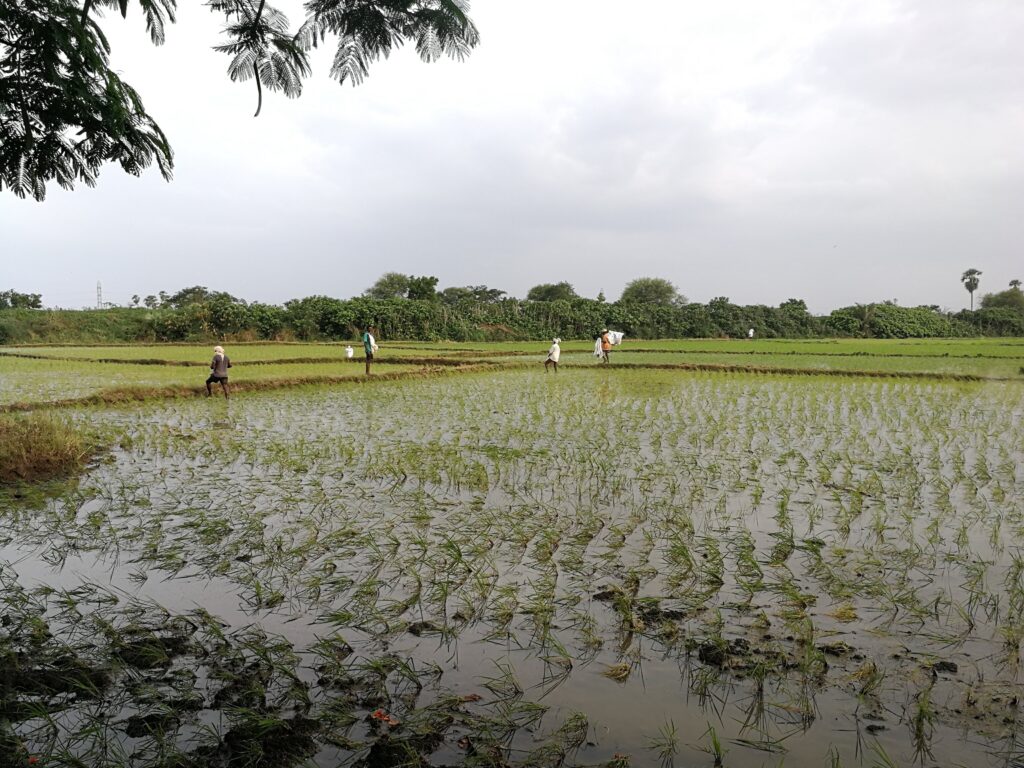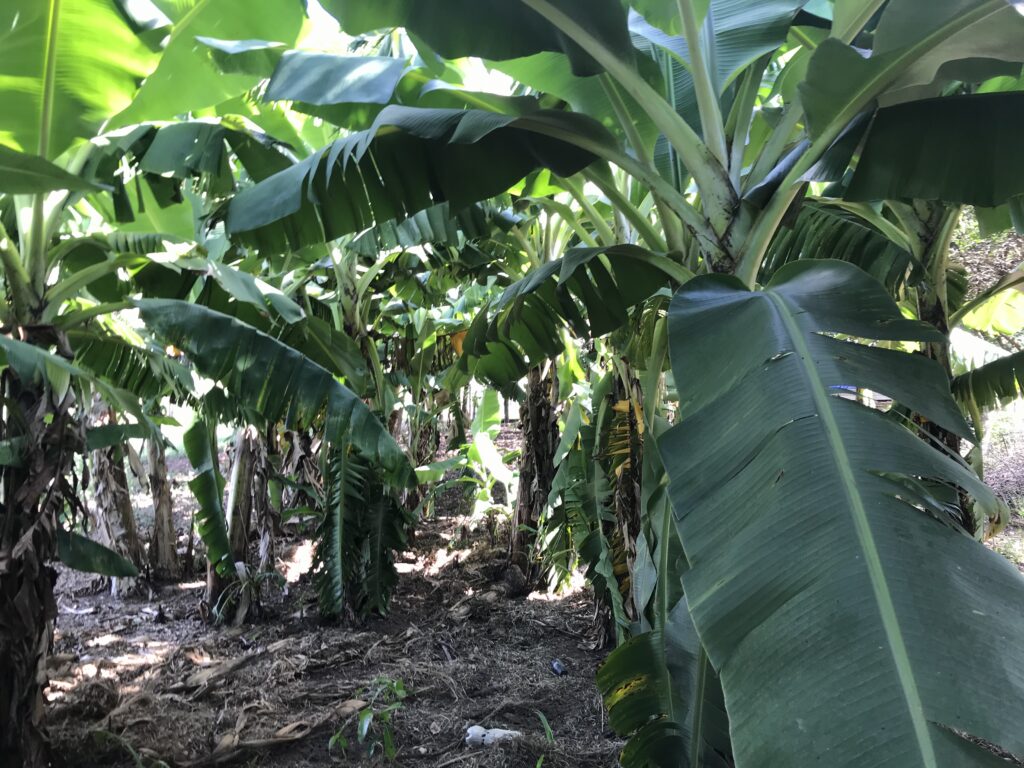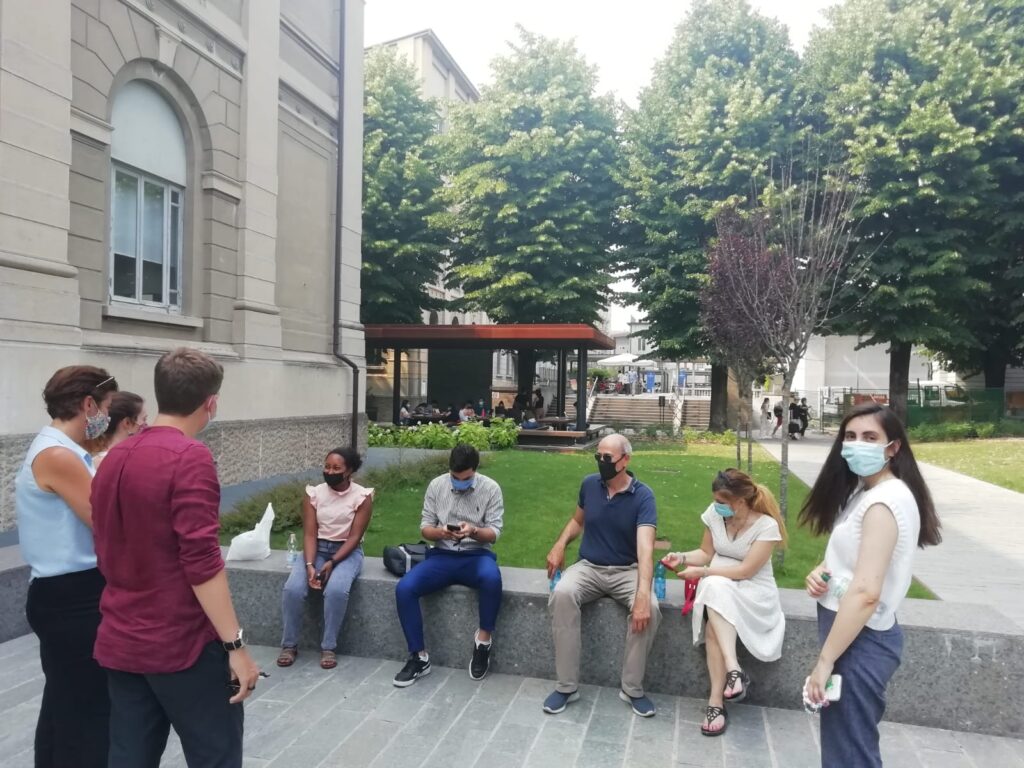Vision – Mission
We are a research group composed predominantly of hydrologists and environmental engineers, interacting with experts from the fields of socio-hydrology, animal nutrition science, energy and many more, to produce relevant knowledge on how our relation to water as humans can create and shape interactions with things that seem conceptually distant.

Water is a fundamental resource for human life and life in general, as it provides food through its use in agriculture, it is a vital ingredient in many industrial processes, it plays an essential role in human hygiene and sanitation, and it provides a wide spectrum of ecosystem services.
That’s why our relation with water is a strong contributor in shaping our relation with nature in general. We try to transform this concept into practice by using hydrology (i.e. the study of freshwater, its distribution and its movement) as the grounding of our work. We analyze quantitatively how human activities (e.g. agriculture) alter the water cycle and, conversely, how an ever-changing water availability can impact human livelihoods.
We set these interactions within the framework of sustainability. Sustainability means using natural resources while assuring those same natural resources remain available for the next generation. Therefore, to be hydrologically sustainable, human activities as agriculture have to use water without preventing other users, including the ecosystem, from their own access to water.
Such phenomena often pertain to the context of major global changes. Climate change, the livestock revolution, the intensification of agriculture and foreign large-scale investments on land for agricultural purposes (the so-called Large Scale Land Acquisitions) are only some of these phenomena. Our studies aim at assessing the hydrological sustainability of these phenomena or of the human adaptation to them, while putting them in a Water-Energy-Food Nexus context.
The Water-Energy-Food Nexus is an approach that goes in this direction. It states that any action in the water, energy, or food sector has implications on both the other sectors. We are always on the hunt for nexus phenomena to study, such as water use to cultivate biomass for biofuels, and the energy used to irrigate agricultural fields.

Given that water is so interconnected with almost every aspect of our lives, how far do the potential impacts of how we use water reach? We investigate external impacts of water resources availability and global transformations in water use and agriculture. Among these external impacts of interest there are conflictual aspects of the use of water, ranging from feed-food competition to violent expressions of conflicts, and the effects of land degradation for agricultural purposes on the destruction of natural habitats, and thus, on the emergence and spillover of infectious diseases.

Our mission goes beyond just studying these phenomena and trying to produce new knowledge on them. We try to communicate the importance of these topics to more than one hundred students in four different courses at Politecnico di Milano, where we aim, with the other colleagues from the teaching staff, at forming a generation of environmentally conscious engineers and architecs, able to capture the far-reaching interconnections between human activities and the environment, of course with a particular focus on water. See our teaching page for more information, and if you want to learn more about our studies don’t forget to check up the dissemination page and to connect with us on social media, so that you can keep yourself updated!
